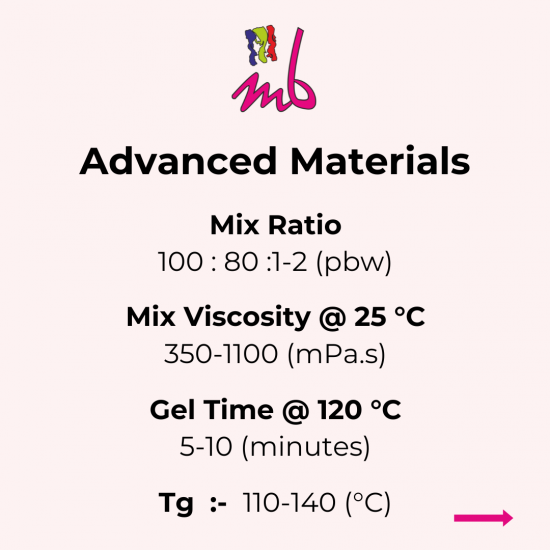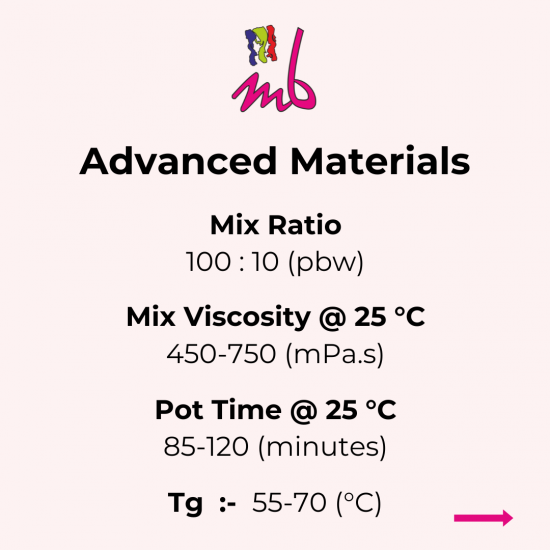Encapsulation
Epoxy encapsulation is a highly effective method used to apply a protective coating to delicate components like coils, wire bundles, and electronic assemblies. This process ensures that all the elements are safeguarded against environmental factors and mechanical damage thus making them robust and long lasting.
What is Epoxy Encapsulation?
Epoxy encapsulation is a process in which electronic components are coated with a layer of epoxy resin for the purpose of preventing damage to the components by external environment or physical impact. The epoxy used in these applications is designed to have a very high flow and wetting property. After the components have been coated with resin, a thin layer is formed which covers the component evenly. This can be done with moulds, which is potting, or without moulds, which are simply coated assemblies.
The resin impregnation process is similar and enhances the encapsulation process by filling in the gaps of the component and enhancing insulation as well as improving the coverage. These processes together provide for assurance of protection of the elements from any external force.
The Role of Epoxy in Encapsulation
Epoxy resins are perfect for epoxy encapsulation, due to their outstanding characteristics that include high electrical insulation, mechanical strength and resistance to environmental stress. The resin applied in the process demonstrates high wetting properties, hence is able to flow freely and fill every section of the assembly creating a tight bond that preserves all the components effectively.
This process ensures that the parts contained within the assembly do not come into contact with one another electrically, thus eliminating the chances of electrical shorts and enhancing the functionality of the device.
Benefits of Epoxy Encapsulation
The epoxy encapsulation process provides several key advantages:
1. Electrical Insulation:
Maintaining a great electrical insulation between conductors, components and many other electrical parts is one of the main reasons for the application of epoxy encapsulation. The epoxy resin functions as an electric insulator to avoid the unintended flow of the electricity thus ensuring that the electronics operate in a safe manner.
2. Environmental Protection:
Epoxy encapsulation also protects components from moisture, chemicals, heat, radiation and other environmental factors. This makes the process suitable for those components which are expected to work under difficult environments such as heavy industries where moisture and contaminants may lead to failure.
3. Mechanical Protection:
Epoxy encapsulation is also significant in offering mechanical protection for delicate microelectronic structures, especially interconnecting wires. The resin creates a sturdy barrier to protection from external forces such as shock, vibration, and handling associated with installation or transport.
4. Flexibility and Durability:
Another crucial characteristic of epoxy resins is its flexibility . The resin used during epoxy encapsulation allows the coated components to go through expansion and subsequent contraction without causing any strain, thus making it perfect for testing and use in service. This guarantees that the components can be relied on over a period of time even when subjected to varying temperatures and mechanical forces.
Key Properties of Epoxy Encapsulation
To achieve effective epoxy encapsulation, there are several requirements to be met by the resin:
- Uniform Thickness: The layer of encapsulant should be applied in a way that it does not compromise any region of the component fitting.
- No Pinholes or Bubbles: The resin should be free from any imperfections such as pinholes and bubbles that would in any way impair the coating protective layer.
- Sufficient Mechanical Strength: The resin should be durable enough to be used in an environment where stress is offered without any cracking or wearing out.
Epoxy Encapsulation in Action
From electronics to automotive and telecommunications industries, epoxy encapsulation plays a critical role in prevention of damage to the components. The process gives enhanced strength, convenience and protection from adverse environmental conditions either in case of small wire bundles or large transformer coils.
The process of epoxy encapsulation is an important step undertaken when the intention is to fix electronic assemblies and similar elements to avoid breakage exposed to the external environment. This is done by very best quality epoxy resins to encapsulate electronic components and systems that possess good electrical insulation and mechanical strength that assists in extending the lifespan of the electrical systems. For resins for encapsulation and impregnation purposes, one of the resin manufacturers in India called MB Enterprises provides quality assurance for effective use in different types of industries to help protect your components and assure their maximum efficiency.
The process of epoxy encapsulation is an important step undertaken when the intention is to fix electronic assemblies and similar elements to avoid breakage exposed to the external environment. By using high-quality epoxy resins with excellent electrical insulation properties and mechanical strength, epoxy encapsulation ensures the reliability and longevity of electronic systems. For businesses looking for quality epoxy encapsulation, one of the top epoxy resin manufacturers in India - MB Enterprises provides quality assurance for effective use in different types of industries to help protect your components and assure their maximum efficiency.
-2462x2317.png)

-550x550.png)



